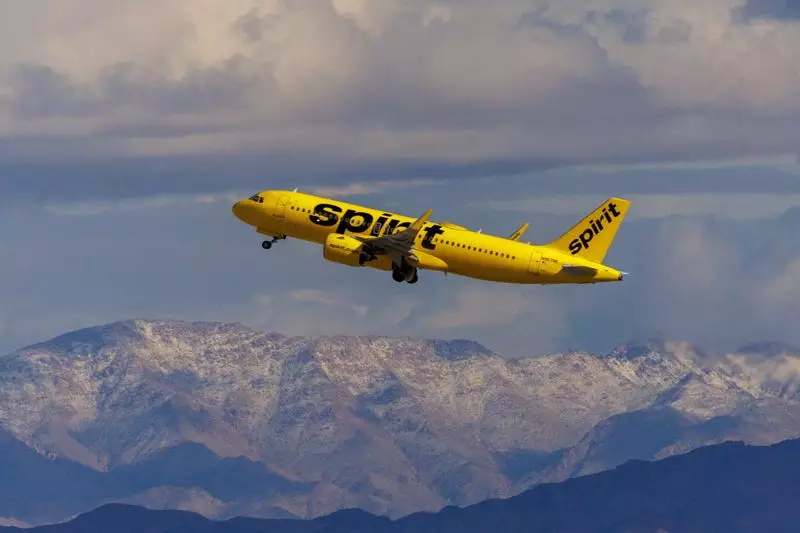In a stark reminder of the escalating violence in Haiti, a Spirit Airlines flight en route to Port-au-Prince was forced to divert to the Dominican Republic following a gunfire incident on Monday. The situation has raised serious concerns regarding travel safety to the beleaguered nation, particularly as gang-related violence continues to intensify.
The flight had its destination set for Haiti’s capital when it was hit by gunfire, inflicting damage sufficient to warrant an emergency landing at Santiago in the Dominican Republic. According to Spirit Airlines, one flight attendant suffered minor injuries, reportedly grazed by a bullet, while all passengers remained unharmed. This incident is not an isolated case; it highlights a troubling pattern as armed gangs increasingly target aviation within the region.
Travel Disruptions and Security Alerts
In the aftermath of the shooting, Spirit Airlines announced an immediate suspension of all flights to Port-au-Prince and Cap-Haitien. Additionally, the Toussaint Louverture International Airport in Port-au-Prince is currently closed to all incoming and outgoing flights, according to a travel advisory from the U.S. Embassy. The advisory specifically cautioned against the growing threat posed by armed gangs that have recently become more brazen, even attempting to obstruct travel routes, posing a significant risk to civilians and aviation alike.
This escalation in violence not only affects travelers but has also prompted JetBlue and American Airlines to cancel their flights through Thursday, pending further assessment of the situation. The U.S. State Department’s advisory reflects widespread concerns about safety in Haiti, where civil unrest has skyrocketed in recent months.
The Broader Context of Gang Violence in Haiti
The episode involving Spirit Airlines exemplifies the deteriorating security landscape in Haiti, a nation already grappling with an unstable political climate and economic challenges. Armed gangs have been implicated in multiple violent incidents, including last month’s attack where a U.N. helicopter was struck by gunfire while operating over Port-au-Prince. These acts of aggression have not only targeted civilians but have also extended lethally into the realms of humanitarian efforts and international oversight.
As international scrutiny increases and travel advisories are heightened, it becomes essential to analyze the broader implications of such incidents. The Haitian populace, caught in a cycle of fear and uncertainty, faces the brunt of these violent outbursts, limiting their mobility and access to essential services. Even as airlines adjust their operations in light of security threats, the fundamental issue lies within Haiti’s governance and law enforcement capabilities—or lack thereof.
The situation demands urgent attention from local authorities, international agencies, and foreign governments. As airlines like Spirit and American Airlines curtail their services, the interconnectedness of global travel and regional stability becomes painfully evident. The specter of violence not only disrupts flights but also affects diplomatic relations and humanitarian efforts in a nation desperately in need of both security and support.
Amidst this turmoil, it is crucial that comprehensive measures are taken to restore order in Haiti, ensuring that air travel can resume safely and that the rights of residents are protected. The restoration of peace will mandate collective action, awareness, and commitment from national and international stakeholders, seeking to reestablish Haiti as a viable destination for travel and aid.

